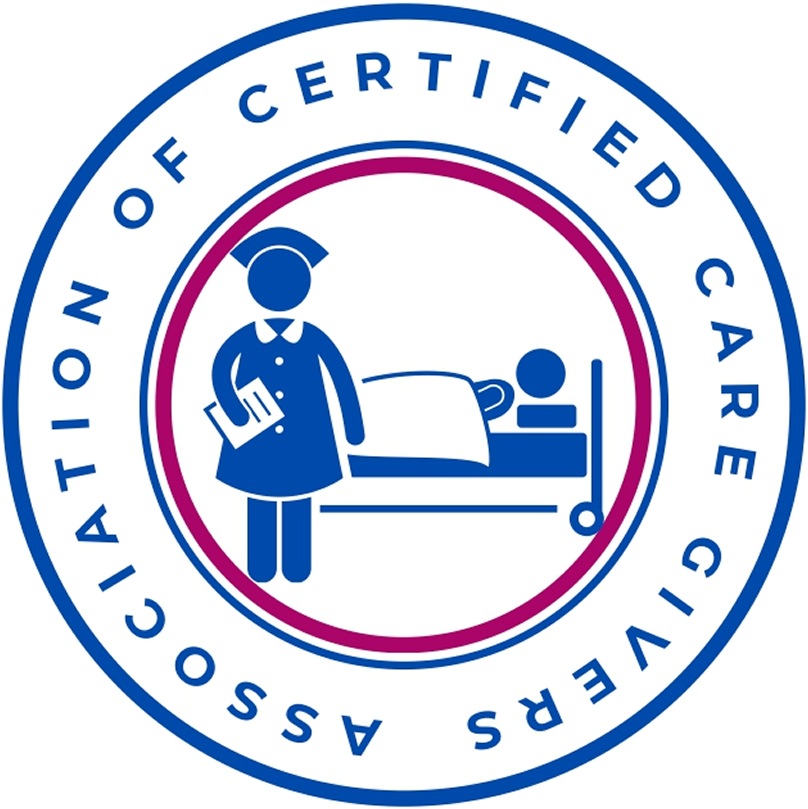Accreditation That Builds Trust & Excellence
ACCGK’s rigorous accreditation standards help caregiving institutions elevate training quality, gain national recognition, and foster professional growth for caregivers.
Partner With UsThe Association of Certified Caregivers Kenya (ACCGK) plays a vital role in accrediting caregiving institutions across Kenya to ensure standardization, quality education, and professional preparedness of caregivers entering the healthcare ecosystem.
Our accreditation framework comprehensively evaluates institutions across multiple dimensions, including curriculum design and delivery, faculty qualifications and development, infrastructure and learning resources, student services and support, and administrative governance and sustainability.
Benefits of Accreditation
For Institutions
- Enhanced credibility and reputation in the healthcare education sector
- Quality assurance framework for continuous improvement
- Access to ACCGK resources, best practices, and professional networks
- Increased student enrollment due to recognized certification
- Participation in shaping industry standards and policies
For Students
- Assurance of quality education meeting national standards
- Curriculum aligned with industry needs and best practices
- Improved job prospects with recognized certification
- Access to standardized learning resources and qualified faculty
- Clear career pathways and professional development opportunities
For Employers
- Confidence in the qualifications and competence of caregivers
- Standardized skill sets aligned with healthcare industry needs
- Reduced training costs due to well-prepared graduates
- Access to a database of certified caregivers for recruitment
- Assurance of ethical practice and professional conduct
Accreditation Information
ACCGK follows a rigorous six-step process to evaluate and accredit caregiving institutions. Each step is designed to thoroughly assess all aspects of the institution's operations and educational quality.
Initial Application
Submit formal application and documentation
Institutions must complete the ACCGK application form, submit required documentation including program curricula, faculty qualifications, and pay the initial application fee. This stage establishes eligibility for the accreditation process.
Self-Assessment
Conduct comprehensive internal evaluation
Institutions perform a thorough self-assessment against ACCGK standards, documenting strengths, areas for improvement, and action plans. This critical reflection helps prepare for the external evaluation and demonstrates institutional commitment to quality.
Document Review
ACCGK evaluates submitted materials
The ACCGK Accreditation Committee reviews all submitted documentation, including the self-assessment report, curriculum materials, faculty credentials, and institutional policies. Feedback is provided on areas requiring additional information or clarification.
Site Visit
On-site evaluation by ACCGK representatives
A team of ACCGK evaluators conducts a comprehensive on-site visit to verify information, observe facilities and teaching, interview stakeholders (faculty, students, administrators), and assess overall institutional quality and compliance with standards.
Evaluation Report
Comprehensive assessment and recommendations
Following the site visit, ACCGK prepares a detailed evaluation report highlighting strengths, areas for improvement, and specific recommendations. The institution has an opportunity to respond to factual errors before the report is finalized.
Accreditation Decision
Final determination and status assignment
Based on the evaluation report and institutional response, the ACCGK Board makes a final accreditation decision: Full Accreditation (5 years), Provisional Accreditation (with specific conditions), or Denial of Accreditation. Institutions may appeal decisions following established procedures.
